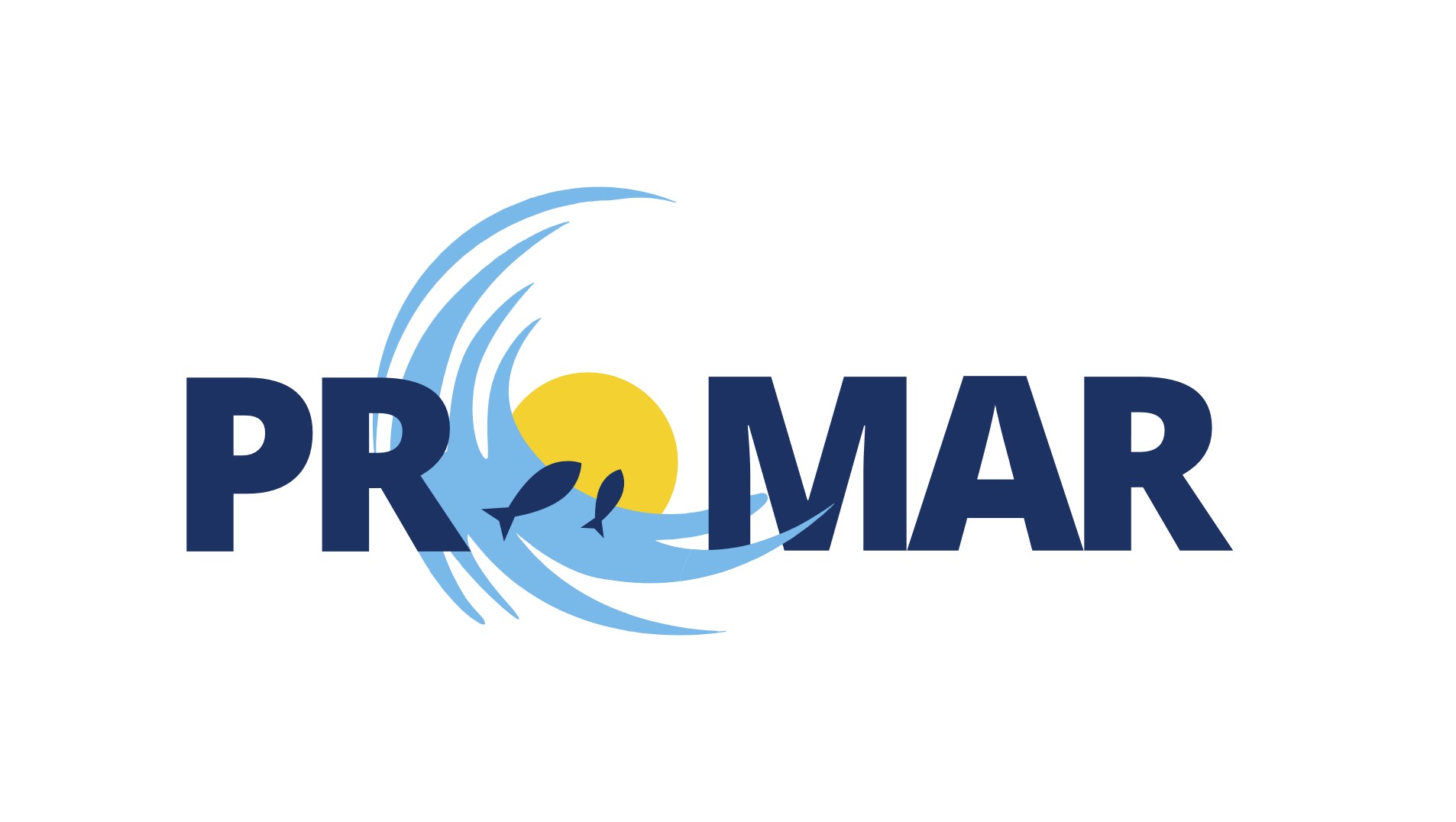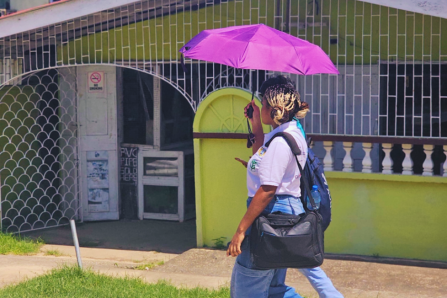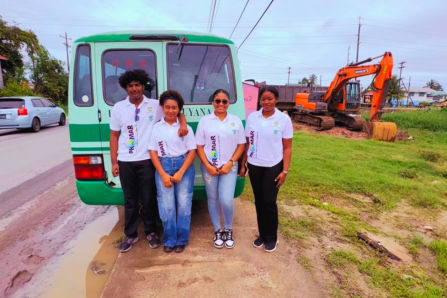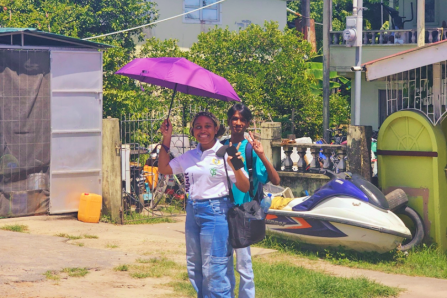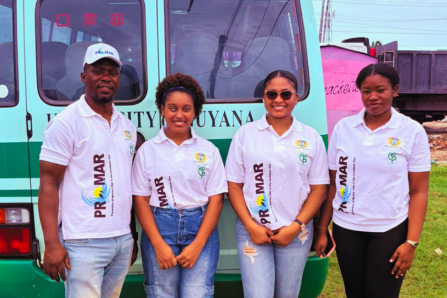Household Material Flow Analysis (MFA) Survey- Guyana
Small Choices, Big Impact – Guyana’s Households Step Up Against Plastic Waste
A recent survey of 417 households across Guyana’s coastal communities is more than just numbers—it’s a wake-up call and a roadmap for change. The Household Material Flow Analysis (MFA), conducted under the PROMAR initiative (Output 1), reveals how everyday choices are fuelling the growing tide of plastic waste—and how small actions can create big environmental impact.
The Plastic Picture: Habits That Add Up
The findings show a heavy reliance on single-use plastics. Disposable plastic water bottles top the list, with over 90% of households using them weekly and many replacing them every few days. Plastic bags, food wrappers, and drink cups are also widely used—33% of residents use 4–7 plastic bags weekly, while nearly 40% admit they don’t know what to do with their plastic waste after use.
These habits contribute to a growing challenge: how to manage household plastic waste before it reaches waterways and, eventually, the ocean.
Communities Ready to Make a Change
Despite limited recycling knowledge and low rates of waste separation, there is encouraging news—people are willing to change.
“This is about more than data, it’s about doing something different every day,” said Seon Hamer, Coordinator, Output 1. “We’re helping communities take control of their plastic habits, one bottle, one bag, one choice at a time.”
Many households are already taking small steps: reusing containers, avoiding overly packaged goods, and joining informal clean-up activities. Residents also expressed strong interest in better systems—such as more frequent waste collection, improved access to bins, and clearer guidance on proper waste disposal.
Turning Insights Into Action
The Household MFA has opened the door to explore practical solutions under the wider Guyana-PROMAR Project. These include:
Promoting reusable alternatives to single-use plastics.
Launching targeted education campaigns, especially in schools and community groups.
Supporting community-driven initiatives to encourage waste separation and recycling.
A Movement Begins at Home
This isn’t just a survey—it’s the start of a movement. By understanding daily habits, communities can shape solutions that cut the flow of plastic waste into the ocean, one household at a time.
When households make small changes—choosing reusable bags, refilling water bottles, and disposing of waste responsibly—the collective impact is powerful. Together, these small choices are shaping a cleaner, healthier future for Guyana’s people and oceans.
